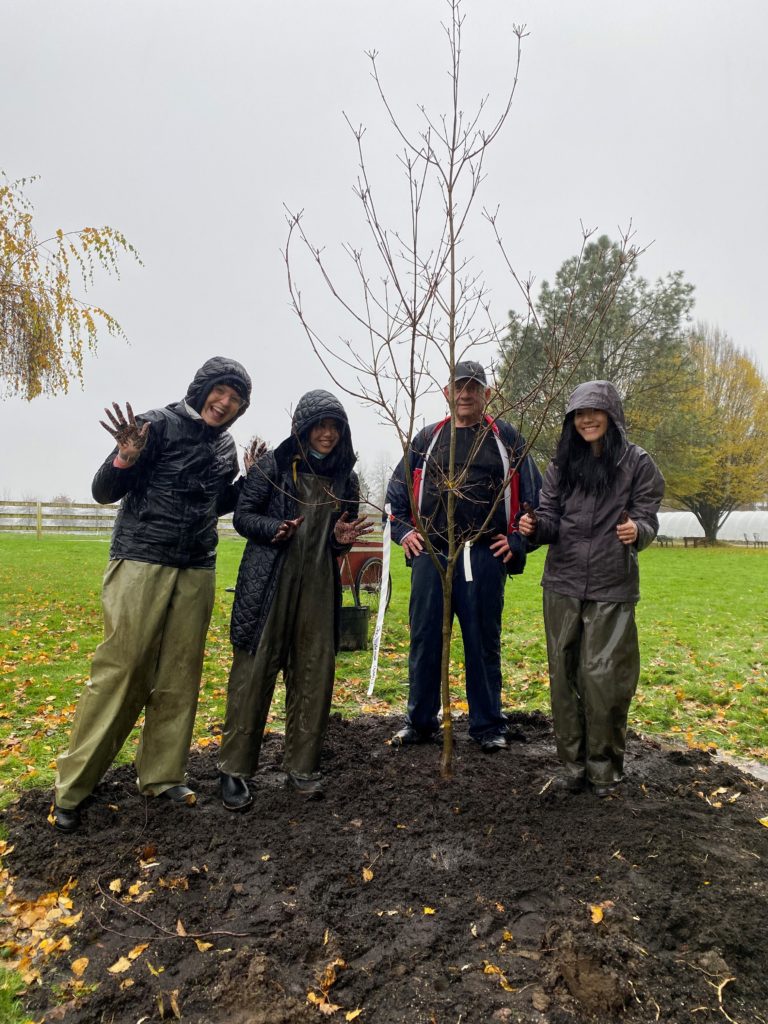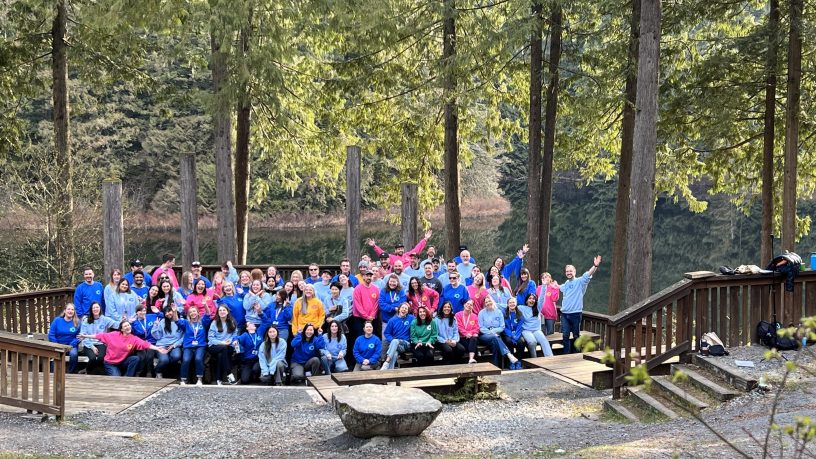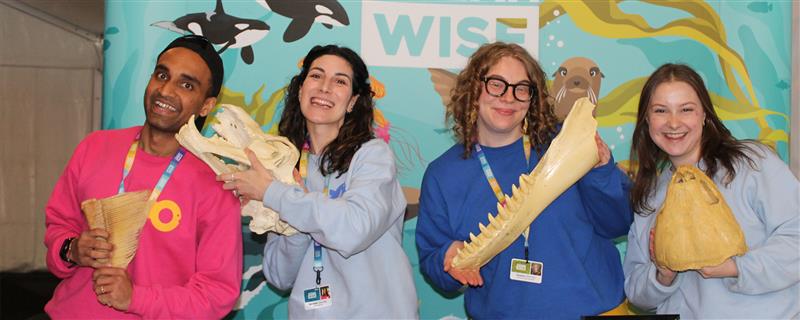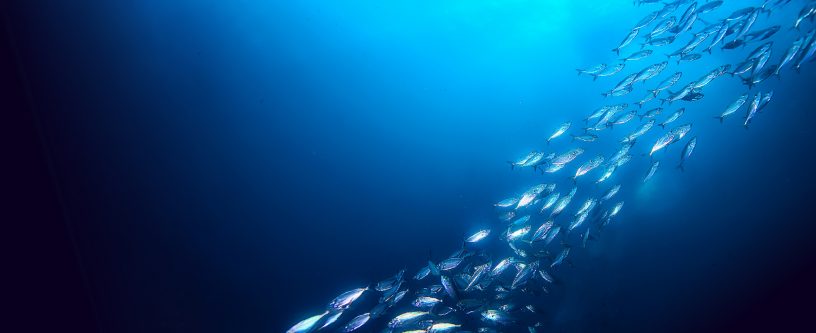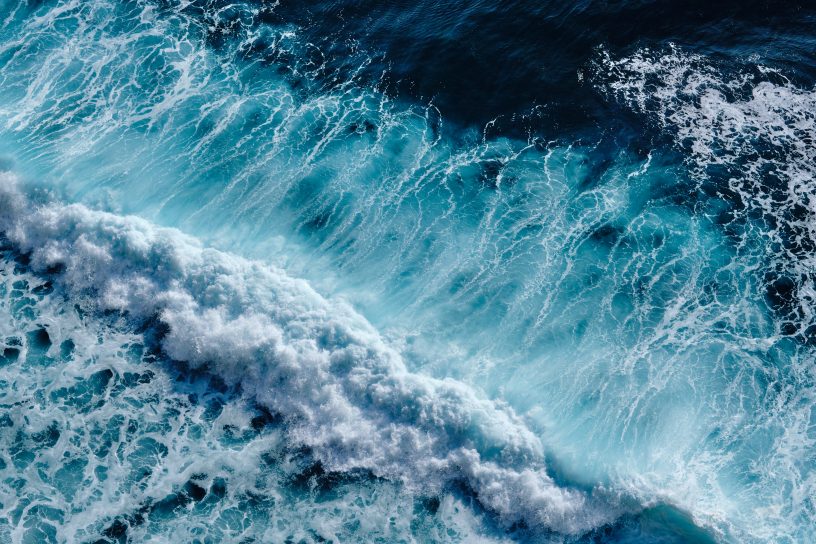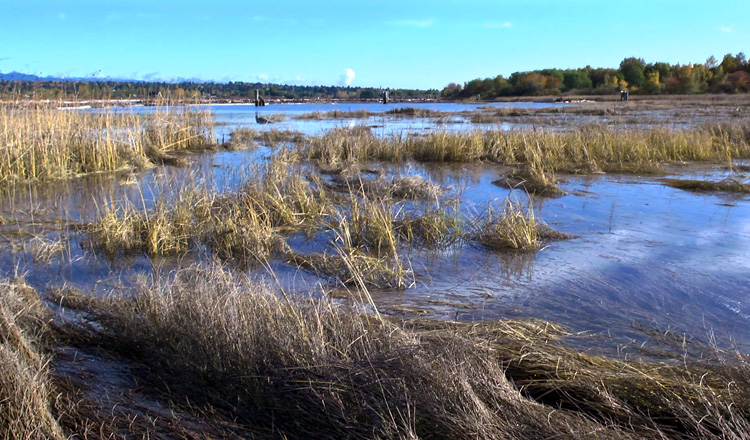
The Importance of Salt Marshes
If you’re walking along the Fraser River estuary or down by Boundary Bay, and you catch a whiff of rotten eggs, you’re probably near a patch of salt marsh.
Salt marshes don’t necessarily look impressive – and they certainly don’t smell impressive – but they’re an extremely important part of the ecosystem. They provide food, hiding places and habitat for many animals, including fishes and birds.
In the Fraser River, they’re nurseries for Chinook and chum salmon. The salmon spend up to several months in the marshes feeding, growing, and hiding from predators.
But these valuable habitats are in danger of disappearing. Over the last century, much of the Fraser’s original marshland has been lost to dyking, agriculture and development. Given the importance of the chum and Chinook salmon runs in the Fraser, the remaining marshes are some of the most sensitive fish habitats on our coast.
So the next time you’re taking a scenic walk by the estuary, don’t be bothered by the smell. It’s just a byproduct of the amazingly high rate of decomposition that provides enormous amounts of food to animals in and around the salt marsh.
[youtube]http://www.youtube.com/watch?v=ANWPhZNQgUY&hd=1[/youtube]
We’ve produced a series of videos on salt marshes. You can learn more about them on our YouTube channel.
Posted January 20, 2012 by Vancouver Aquarium
